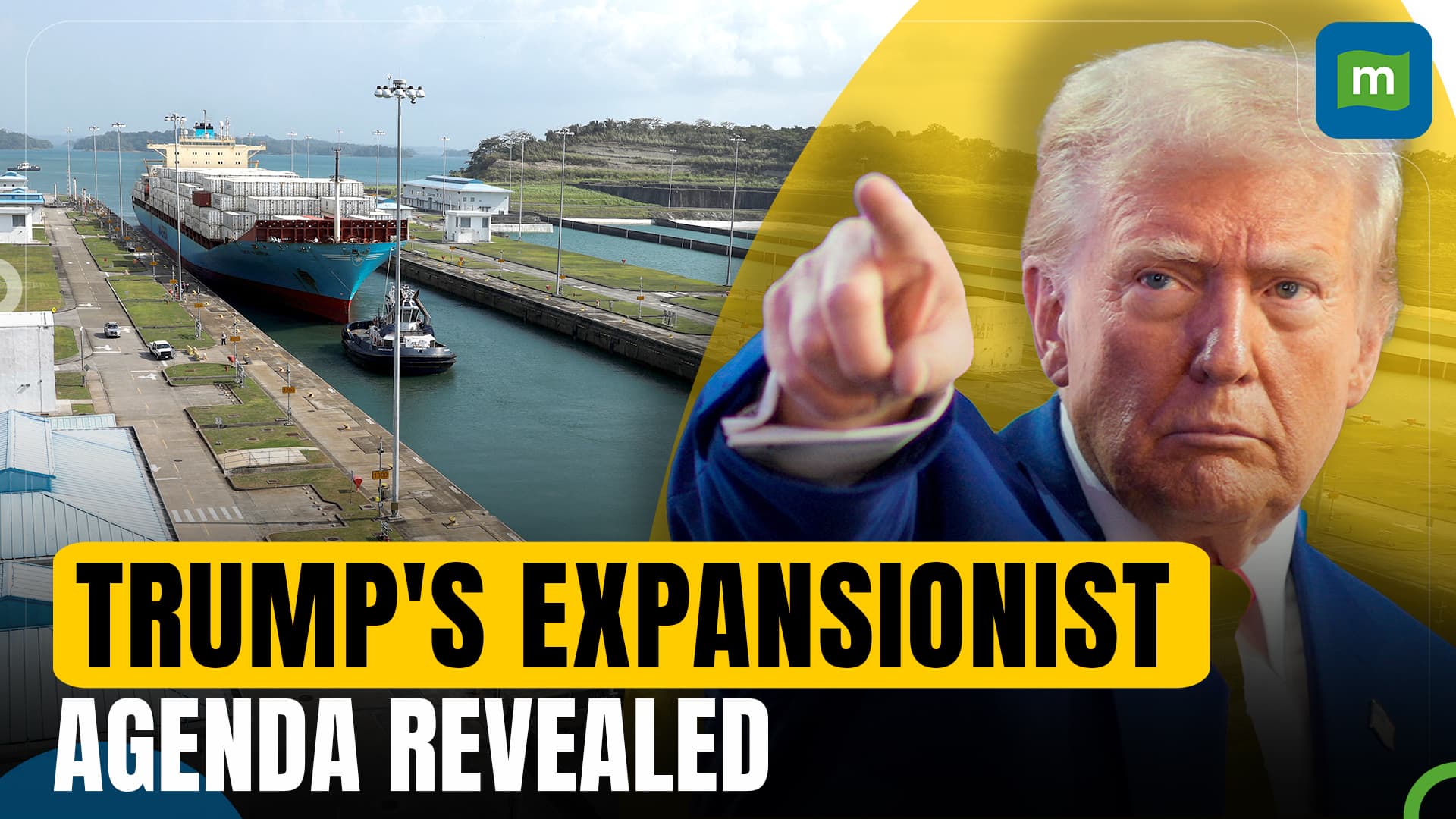 |
|
The recent press conference held by President-elect Donald Trump on January 7th, a day after Congress certified his election victory, unveiled an ambitious and controversial expansionist agenda. This agenda, characterized by a willingness to employ both economic and potentially military pressure, focuses on acquiring Greenland and the Panama Canal, and symbolically renaming the Gulf of Mexico. This unprecedented series of pronouncements immediately sparked international debate and raised concerns about potential diplomatic fallout and the implications for global stability. The sheer audacity of the proposals – to essentially purchase a self-governing territory like Greenland, to exert such forceful pressure on a NATO ally like Denmark, and to unilaterally rename a significant geographical feature – suggests a departure from traditional diplomatic norms and raises fundamental questions about the future direction of US foreign policy under the Trump administration.
Central to Trump's expansionist ambitions is the acquisition of Greenland, a self-governing territory of Denmark. Trump's stated willingness to impose tariffs on Denmark if it refuses to sell Greenland underscores the forceful approach he is prepared to take. This direct threat, coupled with the arrival of his son, Donald Jr., in Greenland for a private visit shortly before the announcement, suggests a calculated strategy aimed at applying both political and economic pressure to influence the Danish government's position. The Danish government's categorical rejection of any sale further fuels tensions and indicates a potential escalation of this geopolitical standoff. The strategic importance of Greenland, particularly its geopolitical location and potential resource wealth, explains Trump's interest, but his methods have been widely criticized as heavy-handed and potentially damaging to US relations with a key European ally.
Similarly, the proposed acquisition of control over the Panama Canal represents a significant geopolitical objective. The canal's strategic importance for global trade and maritime transport makes it a highly prized asset. Trump’s plans to assert control over the canal, similar to the Greenland initiative, have not specified methods but implicitly hint at potential economic or military pressure. The implications of such a move are far-reaching and could destabilize regional relations and impact global trade routes significantly. The existing agreements and treaties surrounding the canal's operation create an intricate web of international legal frameworks that could create considerable obstacles to any forceful takeover attempt.
Beyond these territorial ambitions, Trump's announcement included the symbolic yet significant renaming of the Gulf of Mexico to the 'Gulf of America'. This action, seemingly a minor gesture, carries substantial symbolic weight and reflects a broader narrative of US exceptionalism and dominance. The renaming, without any consultation with the countries bordering the Gulf, serves to further highlight Trump's unilateral approach to international relations. It underscores a disregard for established norms and diplomatic protocols, a tendency that has been repeatedly demonstrated throughout his presidency.
The broader context of Trump's announcements is equally important. They came amidst ongoing legal battles, including a court decision related to hush money payments and a temporary block on the release of a report about his handling of classified documents. These legal challenges create a backdrop of uncertainty and potential distraction, yet Trump's forceful pursuit of his expansionist agenda demonstrates a determination to press ahead with his objectives regardless of the internal political and legal pressures he faces. This unwavering focus reflects a distinct political style and raises concerns about whether due process and established legal procedures will be prioritized or will take a back seat to Trump’s immediate political objectives.
The international community's reaction to Trump's expansionist agenda has been predominantly one of concern and criticism. His approach, characterized by unilateralism and the threat of economic coercion, has been widely condemned as a threat to international cooperation and stability. The potential for escalations, both diplomatic and potentially military, poses significant risks to global peace and security. Experts warn of the potential for trade wars and diplomatic breakdowns, which could have significant economic and political consequences for numerous countries involved.
In conclusion, Trump's expansionist agenda, encompassing the attempted acquisition of Greenland and control over the Panama Canal, coupled with the symbolic renaming of the Gulf of Mexico, represents a radical departure from established diplomatic norms. His willingness to employ forceful economic and potentially military pressure to achieve his goals raises serious concerns about the future of international relations. The potential for significant geopolitical instability and economic disruption makes this agenda a crucial topic for analysis and international discussion. The long-term implications of this aggressive pursuit of national interests remain to be seen, but the initial reaction demonstrates a significant global apprehension about the potential consequences of this bold, and some might argue reckless, foreign policy approach.
Source: Trump vows renaming Gulf of Mexico to Gulf of America, pursue Panama and Greenland acquisition |N18G
